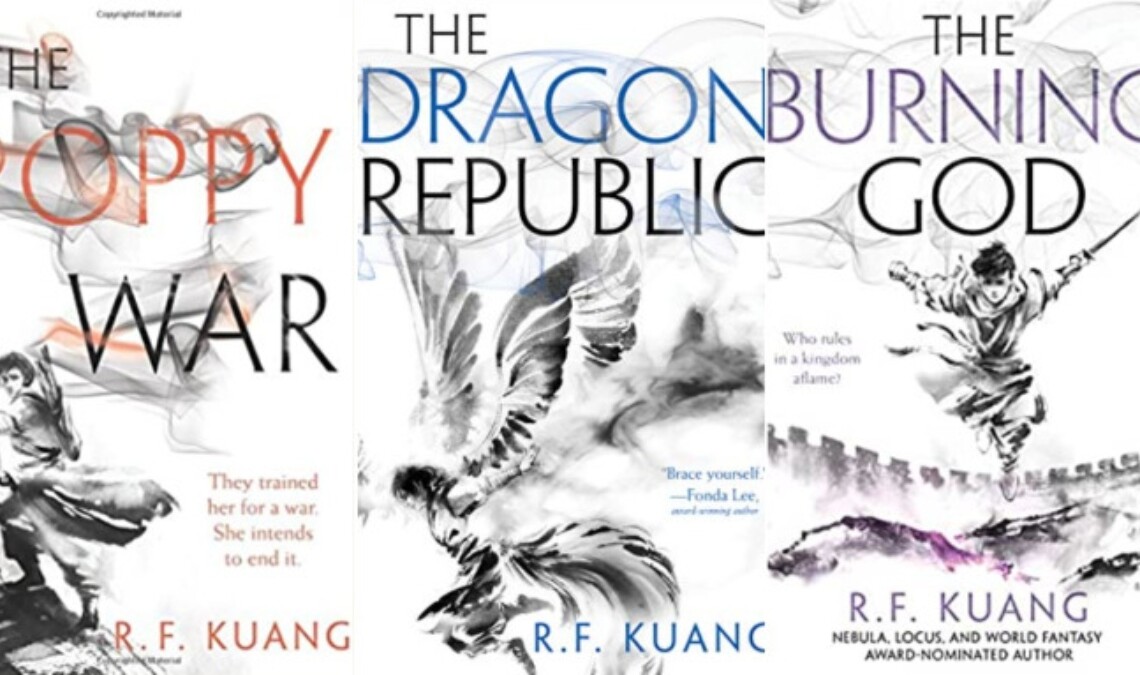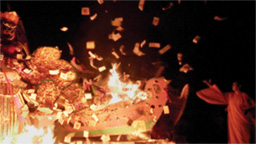

And, of course, the effects of the previous two books, including Rin's connections with the Cike, the Empire's now decimated shaman forces, her reckoning with her legacy as the last surviving descendent of the Speerly ethnic group, and her relationships with the few remaining allies she has from her time at the Sineguard academy.

Also thrown into the mix is the ongoing agenda of the Hesperians, the more technologically advanced, scientifically racist foreign power which has thrown its lot in with the Dragon's elites in order to further their own religious and cultural agenda.


fought off in The Poppy War her attempts to build relationships with rebel leaders who refuse to see her as anything more than an inconveniently powerful young girl the reconnection with former enemy powers and the attempt to harness them to her cause and of course, the reckoning with the forces of the Dragon Province, led by sometimes-ally mostly-enemy awkwardly-also-a-love-interest fellow Sineguard graduate Yin Nezha. From that starting point, The Burning God proceeds to cover so much ground that it's hard to know where the scene-setting stops and the spoilers begin: there's the return to reclaim her southern home from foreign occupation by the remnants of the Mugenese troops who Rin and co. The Burning God picks up right where The Dragon Republic leaves off, with Fang Runin - a shaman able to harness the power of a super destructive god called the Phoenix - having thrown in her lot with a Southern Rebellion after being betrayed by the other rebellion forces she had helped to overthrow the Empress Su Daji. If its what you're here for, you're going to like this one very much. The Burning God brings to a close a very particular series in a way that stays very true to its core themes and aesthetic. Let me put you all out of your misery quickly: Group A, the answer is yes, Group B, the answer is no, and Group C, I have no idea but I'll do my best for you. Look, if you're here reading this review of the third book in a trilogy, especially one that's had the reach and popularity of The Poppy War trilogy, one of three things is probably true: you've read the previous books in the series and are looking to confirm whether the last one is going to live up to the expectations you've already developed about the series you've avoided or bounced off earlier books and are wondering if my opinions are going to change your mind about if the series is for you or you've read the book and you're wondering if I can a) contextualise what just happened or b) otherwise add to your reading experience with my #opinions.


 0 kommentar(er)
0 kommentar(er)
